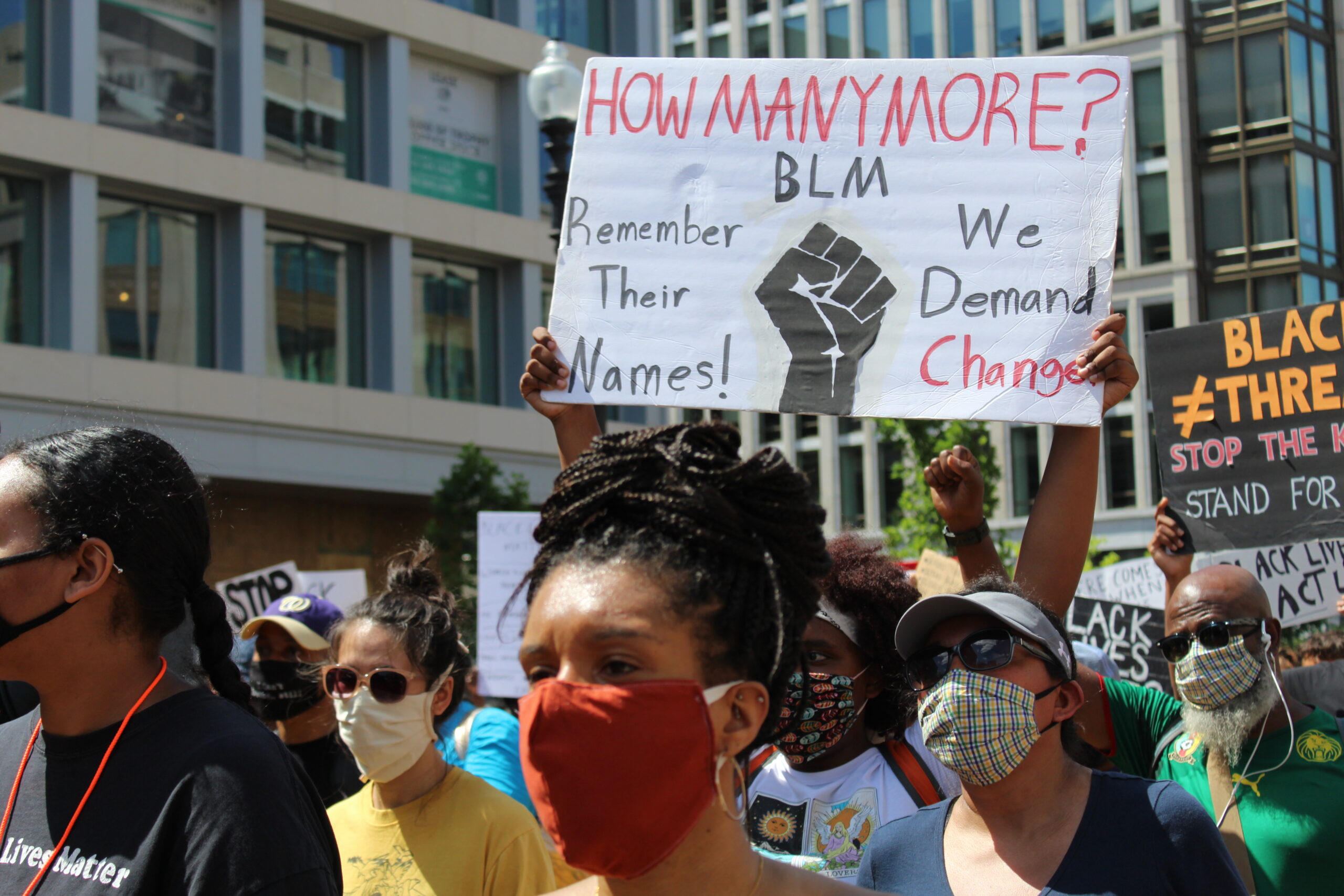
Noah Tesfaye
It has been over five months since the brutal police murder of Breonna Taylor, and there has been no justice. Her death is a horrifying reminder of the systemic issues that exist within policing and the way this nation devalues Black life.
Writers Mariame Kaba and Andrea J. Richie penned a piece in Essence about their bold vision for justice for Breonna Taylor that expands far beyond locking up her killers: “As prison industrial complex (PIC) abolitionists, we want far more than what the system that killed Breonna Taylor can offer – because the system that killed her is not set up to provide justice for her family and loved ones.” They want an end to the system that killed Breonna and new ways to address harm that is not based on policing or incarceration.
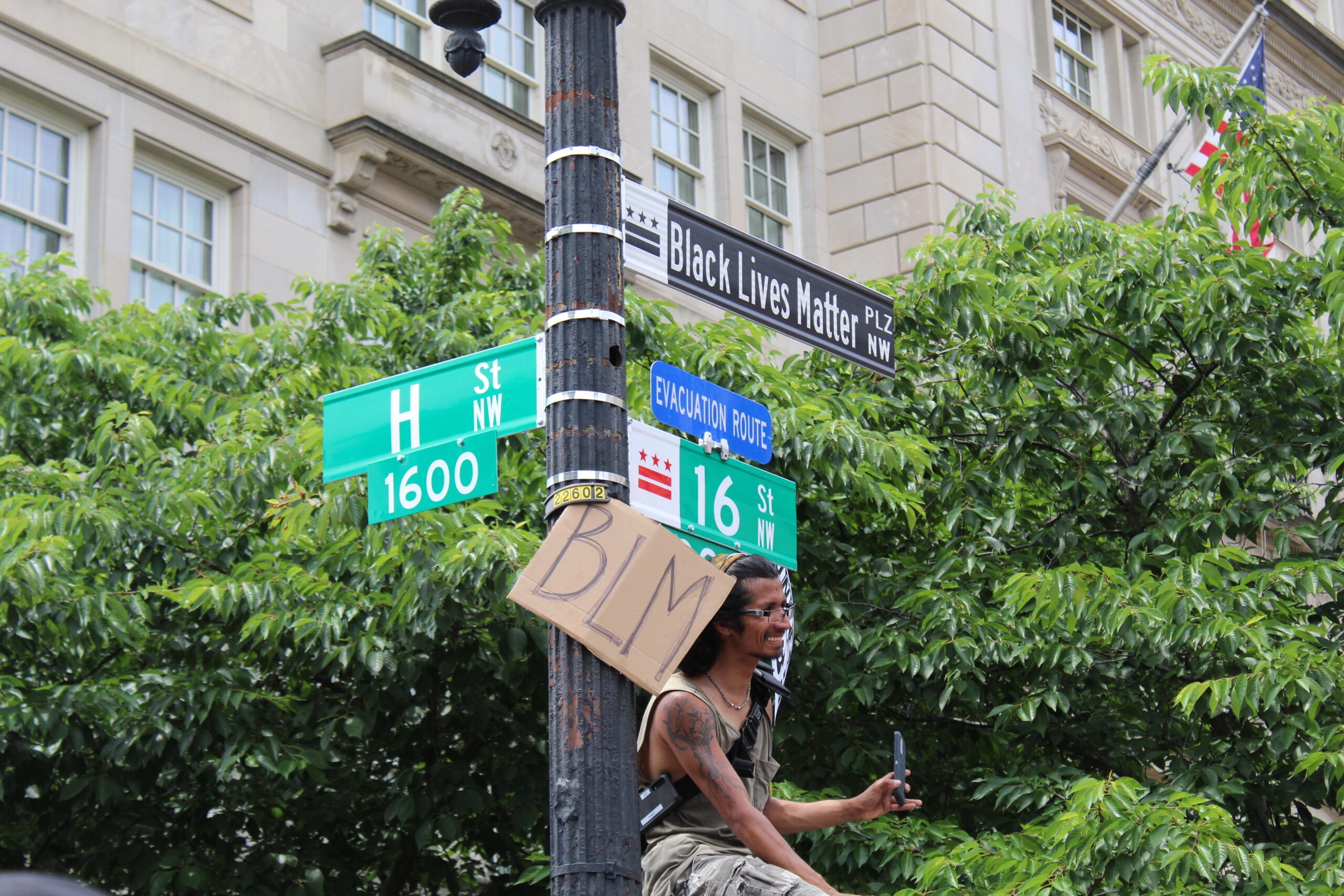
Beyond what we know about the police breaking into Taylor’s home and the police officers that killed her, the story of the circumstances for which she was killed gives us crucial context that requires the most attention: her family’s lawyers say the warrant was linked to clearing out Taylor’s block in Louisville, Kentucky, as part of a gentrification plan.
When covering issues surrounding police, we must make the conscious choice to center the story around the people harmed by policing and not the corrupt police department system. We owe it to Breonna Taylor, to George Floyd and all Black people to center their stories on the deeper reasons that brought them harm.
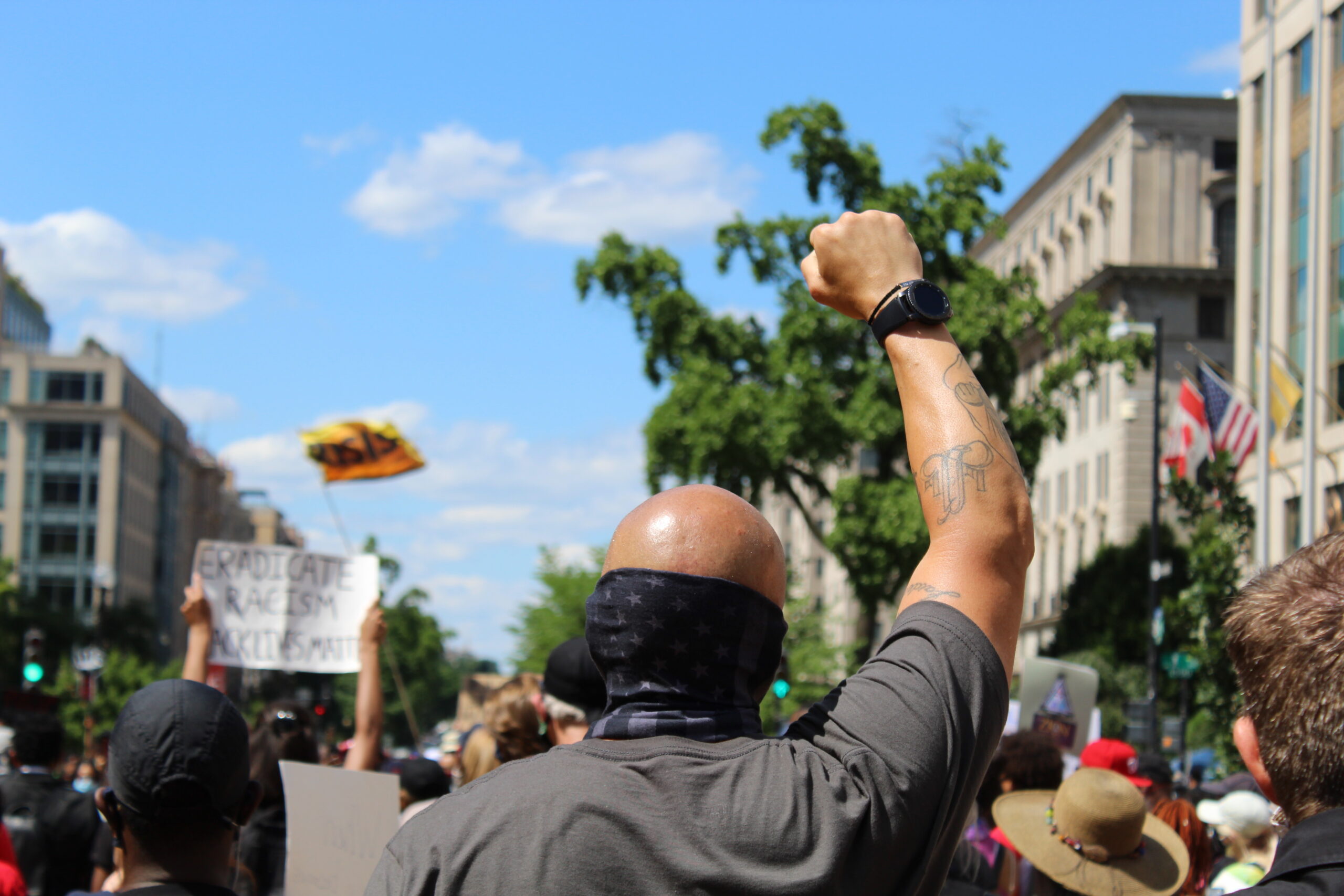
The crucial abolitionist tenet of centering the work for justice around the needs of those who are most harmed powers my journalism. I strive to work in solidarity with and learn from activists and artists to write stories that can help bring forward a more equitable, just world for everyone.
I wrote in favor of a complete universal pass/fail grading system for our spring quarter. Amidst the once-in-a-century pandemic, students who could have more equal opportunities studying on campus were now forced to drastically different home environments. I found it necessary to focus on the needs of these students when our university did not. My concern was the students harmed by our optional policy, and ultimately, with how our school failed fellow students.
The late political commentator Michael Brooks noted that we must “be ruthless with systems; be kind to people.” Abolitionists find ways to treat and repair harm, without reliance upon the carceral state that was set up to uphold racism. I hope that as a journalist I can be understanding and treat people with care and humanity, yet be fervently critical of the systems that inhibit our ability to build a society for all.
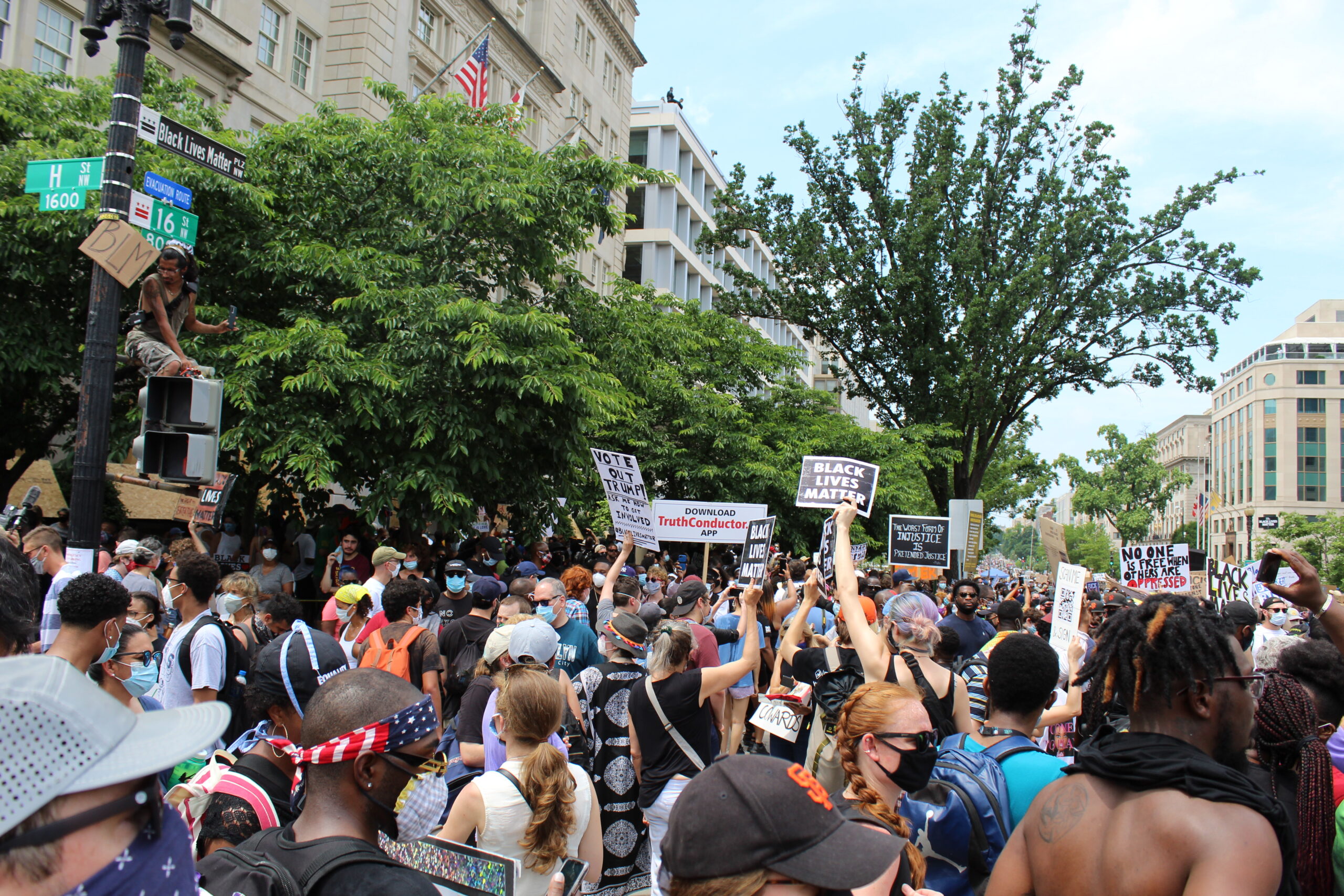

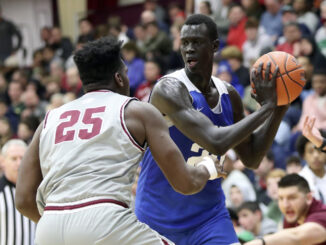

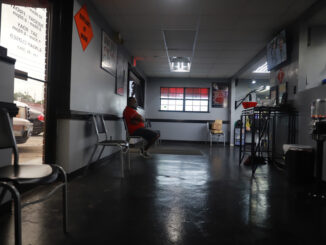
Be the first to comment